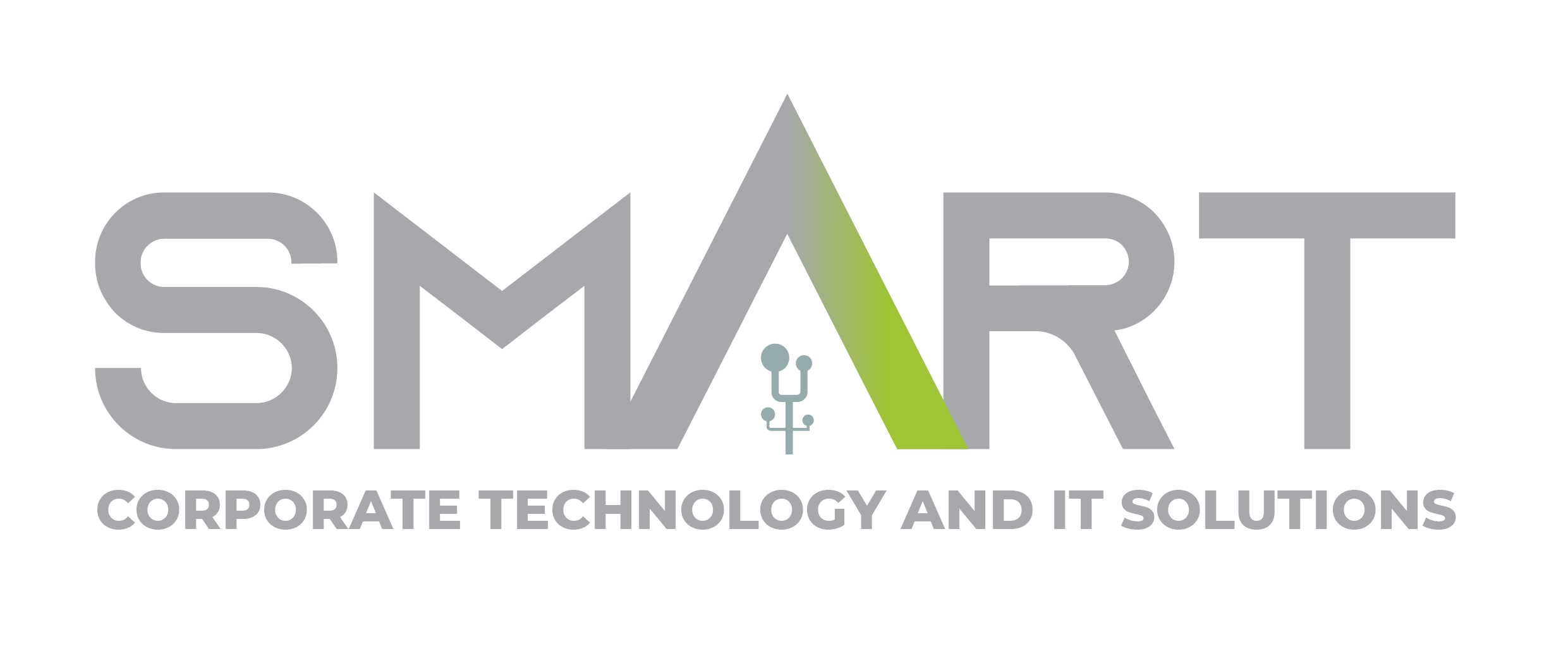
“Teaching is the purest form of love”
Motivational workshops/webinars
Introduction:
It is a well-known fact that education in South Africa is in dire need of change and improvement on all levels. Many efforts are made to energize education in South Africa, but not enough energy is spent on the well-being of teachers. Teachers have an enormous and lasting impact on the lives of children and ultimately, on adults. Many of us reaped the benefits of being taught under the supervision of excellent teachers and masters of knowledge, whilst most of the population suffer from inadequate education and carry the mental scars of daily exposure to a teacher or teachers who were not equipped for the ultimate task of educating our youth.
Research conducted by the University of the Free State, based on the teachers in the Free State, indicated that 88% of them hate children. This is a shocking discovery, which could well be the root cause of the poor state of our education. Our experience with teachers in the rural areas of our country the past 12 years also indicates a lack of pride in their careers and a general feeling of hopelessness among the teachers of our children. The teaching profession does not receive the acknowledgement and status it deserves and as a result, teaching is often the last resort when learners make career choices. Due to this, teachers are often treated with disrespect by learners, parents alike, and this result in feelings of inadequacy, stress and anger. We urgently need to instil a feeling of self-worth and pride in our teachers to enable them to become the role models our children so desperately need.
To address the above, and as we feel passionate to play a role in the well-being and mental health of teachers, we have developed and implemented programmes focussed on self-insight, self-worth, motivation and anger management. These programmes have been implemented in over 80 schools, positively impacting the lives of 2400+ teachers.
Workshops offered:
African Wisdom workshop: Motivation is the key to all success!
This is a two to three-hour workshop and the aim is to motivate teachers, charge their batteries, and make them proud of their careers.
Anger Management: For every minute you are angry you lose sixty seconds of happiness!
Most of our teachers are angry and frustrated due to teaching under terrible conditions, overloading of administration work, overcrowded classrooms, ill-disciplined learners, lack of teaching material, etc.

“To cope as a teacher you have to have the HEART OF A LION, the SKIN OF A RHINO, and the SOUL OF AN ANGEL”
Discover Your Career (DYC) for Career and Subject Choices
Choosing a career is one of the most important decisions you’ll ever make. It will largely determine your ultimate level of happiness and satisfaction, enabling you to fulfil your purpose on earth. It is therefore extremely important to choose the right subjects to be able to choose the right career. The Fourth Industrial Revolution (4IR) represents a new era of innovation in technology that will enhance human-machine relationships, unlock new market opportunities, and fuel growth across the global economy.
School Readiness
What is the importance of Pre-School Education?
- Pre-School education is a preparation for life itself and probably the most important stage of all. This is where the foundation of the child’s entire future is laid.
- The Preschool objective is to create a playing and learning environment, which offers inspiring activities and provides children with opportunities to develop in a well-rounded manner.
What is School Readiness?
- School readiness is a spontaneous process that happens naturally – it is not an event.
- A process begins at birth and goes hand in hand with the normal developmental stages of a child.
- School readiness means that the child is ready to cope with the more formal activities expected of him/her in a formal school situation.
- School readiness refers to the child’s total readiness to benefit from Formal Education in a group context.
In South Africa, by law, children have to go to Grade 1 the year in which they turn seven. It is also permitted to start Grade 1 a year earlier, provided that the child turns six by June 30 of his Grade 1 year. Unfortunately, we cannot only gauge a child’s readiness for school by his age. The child’s development should be on par with the development of other children of the same age.
About:
 Dr. Lanette Hattingh
Dr. Lanette Hattingh
Educational Psychologist
My career spans over 49 years of experience in the world of work: Working as a Nurse, Personnel agent, Trim gym instructor, Public relations officer, Psychometrist, Student assistant, Lecturer, Consultant, Psychologist, Motivational Speaker, Trainer, Facilitator, Mentor, and Project Manager of various projects for Brainwave, for example, KST, Adopt a School, Deutsche Bank, Investec, Lonmin, Macsteel, Anglo, Eskom, etc. I was the MD of the PMG Thuso Centre for young children and adults. I was also the founder and CEO of Brainwave Careers (NPC) and Brainwave Projects 653 Pty Ltd for more than 12 years.

